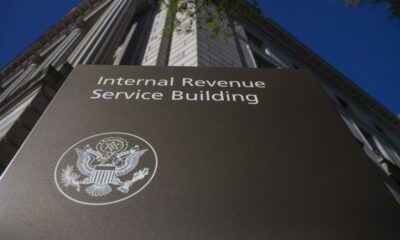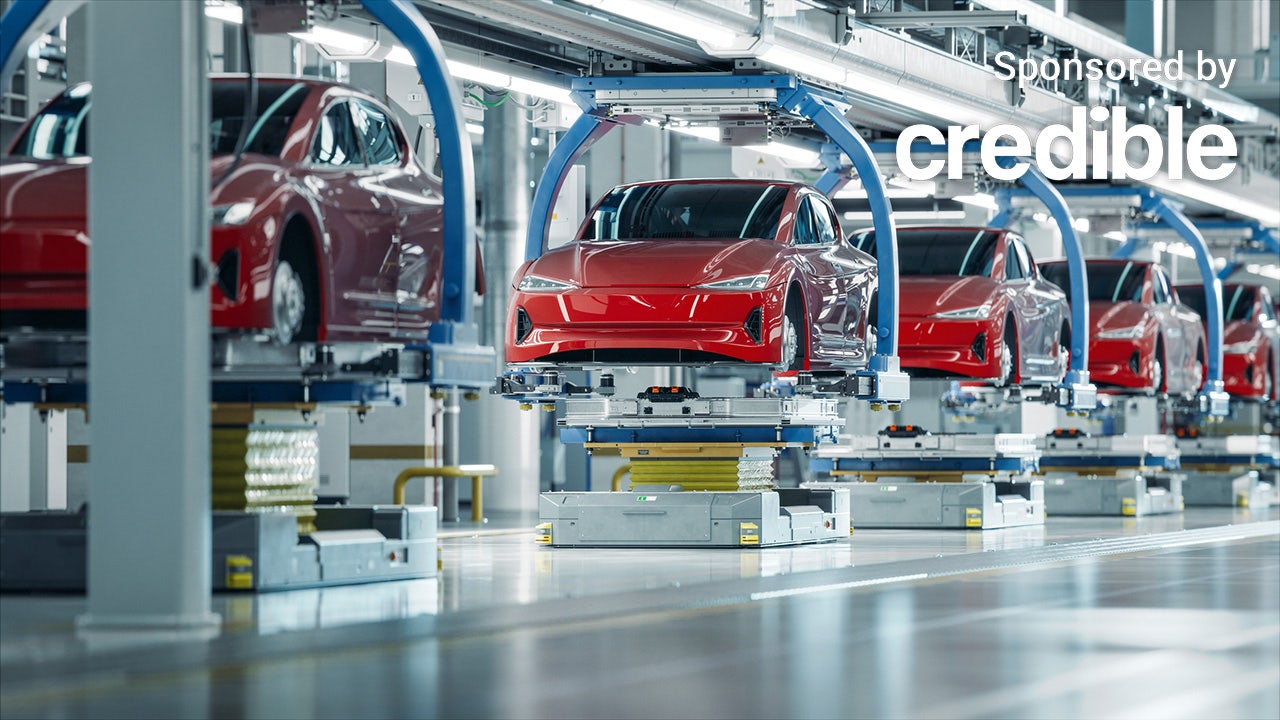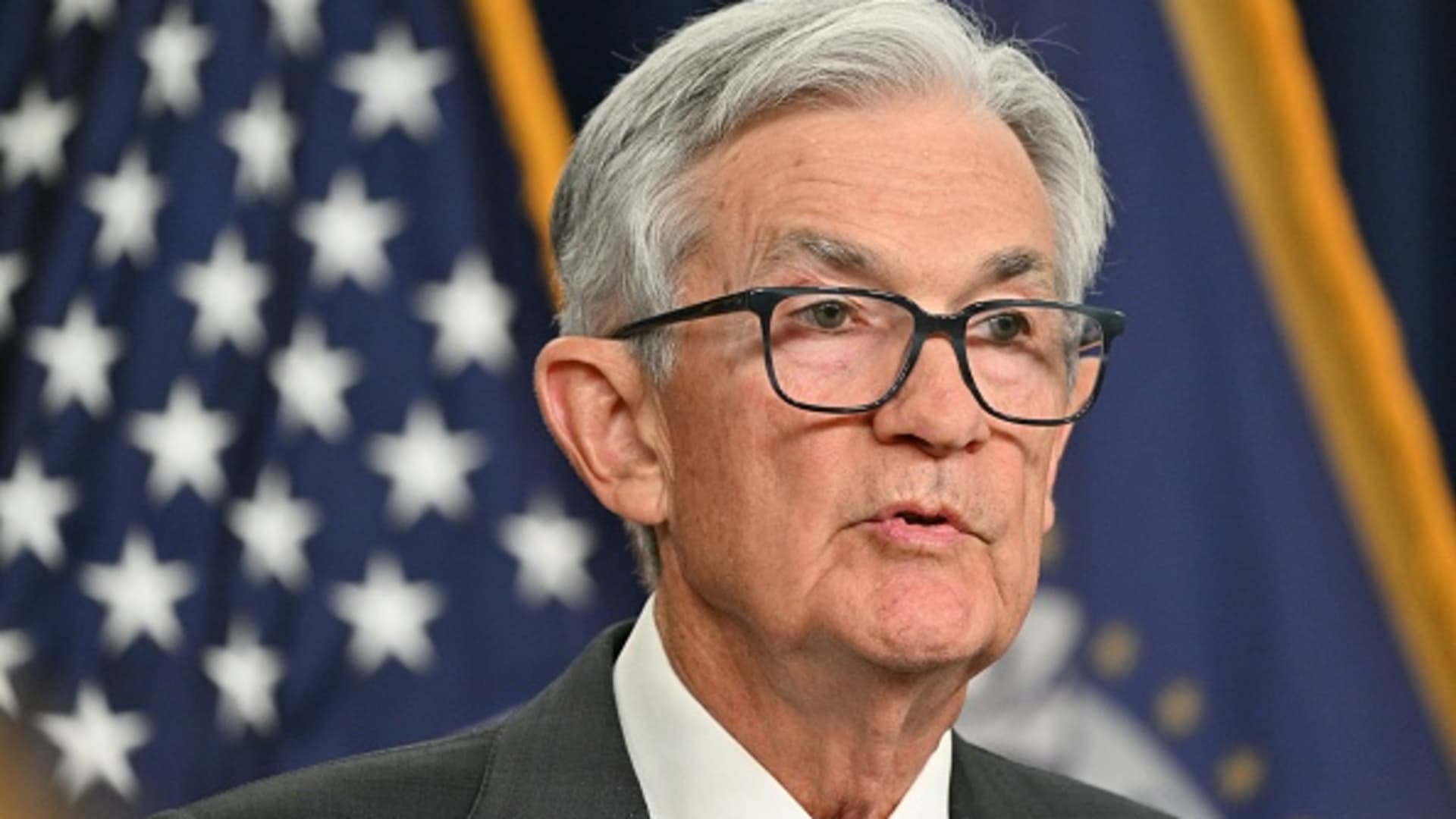EV sales grew by over 11% in the second quarter. (iStock )
The electric vehicle (EV) market is in full swing globally, despite some tough times for EV-giant, Tesla. In Q2 2024, electric vehicle sales grew 11.3% in the U.S., according to a report from Kelley Blue Book. A record-high 330,463 units were sold in the quarter.
Sales grew thanks to more availability, continued discounts on EVs and a larger number of leases. General Motors led the charge for new products, helping to improve sales numbers. Tesla, however, saw a 6.3% year-over-year drop in sales volume. In fact, Tesla’s electric vehicle market share fell to 49.7%, the first time it’s dropped below 50% in the U.S.
Despite Tesla’s disappointing sales numbers, overall electric vehicle sales accounted for about 8% of all new vehicle sales in the second quarter, which is higher than the 7.1% of sales in Q1 2024.
“This increased competition is leading to continued price pressure, gradually boosting EV adoption. Automakers that deliver the right product at the right price and offer an excellent consumer experience will lead the way in EV adoption,” Cox Automotive Industry Insights Director Stephanie Valdez Streaty explained.
The most notable new players in the EV market in Q2 included the BMW i5, Cadillac Lyriq, Honda Prologue and Kia EV9 SUV. General Motors also added more than 21,000 new EVs, including electric options of the Chevy Blazer, Equinox and Silverado.
“We remain bullish on electric vehicle sales in the long term. The growth will, at times, be very slow, as all-time horizons in the automobile business are vast, but the long-term trajectory suggests that higher volumes of EVs will continue over time. As EV infrastructure and technology improve, and more models are launched, many shoppers sitting on the fence will eventually choose an EV,” Valdez Streaty said.
No matter what car you choose, you need the right insurance policy. With Credible, you can compare rates and lenders with the click of a button.
GAS PRICES TOO HIGH, AMERICANS WANT TO SPEND 37% LESS: STUDY
Senate looking for ways to increase EV production
The U.S. Senate, namely the Budget Committee, met recently to discuss how to boost electric vehicle manufacturing within the U.S. Both Democratic and Republican leaders contributed to the discussion, aiming to capitalize on the growing market and compete globally.
Sen. Sheldon Whitehouse (D-RI) led the meeting, with Sen. Lindsey Graham (R-SC) also showing his support. As the senator of South Carolina, Graham pointed out that the state is a major vehicle assembler and tire exporter, so the production of EVs would make sense.
Many Republicans have stated their opposition to increased EV production, with many opposing President Biden’s goal of having 50% of all car sales be electric by 2030. However, Sen. Graham suggested that becoming a major EV manufacturer could boost the U.S. infrastructure.
Still, several senators raised concerns that the current electrical grid can’t handle the increased demand for electric vehicle charging. International competition was also a topic of discussion during the hearing.
China is the world’s largest manufacturer of electric vehicles. The country’s EV market is supported heavily by government funds, subsidies and tax breaks. Sen. Debbie Stabenow (D-MI), another state with a large automotive industry, raised her concern that the U.S. simply wouldn’t be able to keep up.
Comparing multiple insurance quotes can potentially save you hundreds of dollars per year. Visit Credible now to compare quotes free of charge.
LEASING A CAR MORE POPULAR, HIGH-CREDIT CONSUMERS CHOOSING TO LEASE MORE THAN 30% OF THE TIME
Auto market is down for corporations, heading up for buyers
Overall, the auto industry is evening out for consumers, but not so much for corporations. Used and new car prices are trending down, with many experts expecting a further dip.
Supply for new and used vehicles isn’t as tight as it was during the pandemic when supplies ran low, so buyers are less likely to pay way over the sticker price on vehicles. This means buyers have some of the power back. Dealers, on the other hand, have to offer discounts and deals to get buyers to make a move.
Until interest rates drop, however, financing a vehicle is likely to remain high. Paired with high auto insurance rates that are sticking around, car ownership is still far from affordable for many drivers.
Additionally, the competition coming from the EV market is hurting some dealerships and carmakers who are struggling to embrace the trend. Jim Farley, the CEO of Ford, described the company’s EV experience as “humbling”.
Car insurance rates vary based on a variety of factors — from your credit score to driving habits. Use Credible’s free tools to shop around and lower your car insurance premium today.
THESE 10 CARS ARE THE CHEAPEST TO INSURE
Have a finance-related question, but don’t know who to ask? Email The Credible Money Expert at [email protected] and your question might be answered by Credible in our Money Expert column.

 Economics1 week ago
Economics1 week ago
 Economics1 week ago
Economics1 week ago
 Personal Finance1 week ago
Personal Finance1 week ago
 Economics1 week ago
Economics1 week ago
 Accounting1 week ago
Accounting1 week ago
 Economics1 week ago
Economics1 week ago
 Economics1 week ago
Economics1 week ago
 Personal Finance1 week ago
Personal Finance1 week ago











